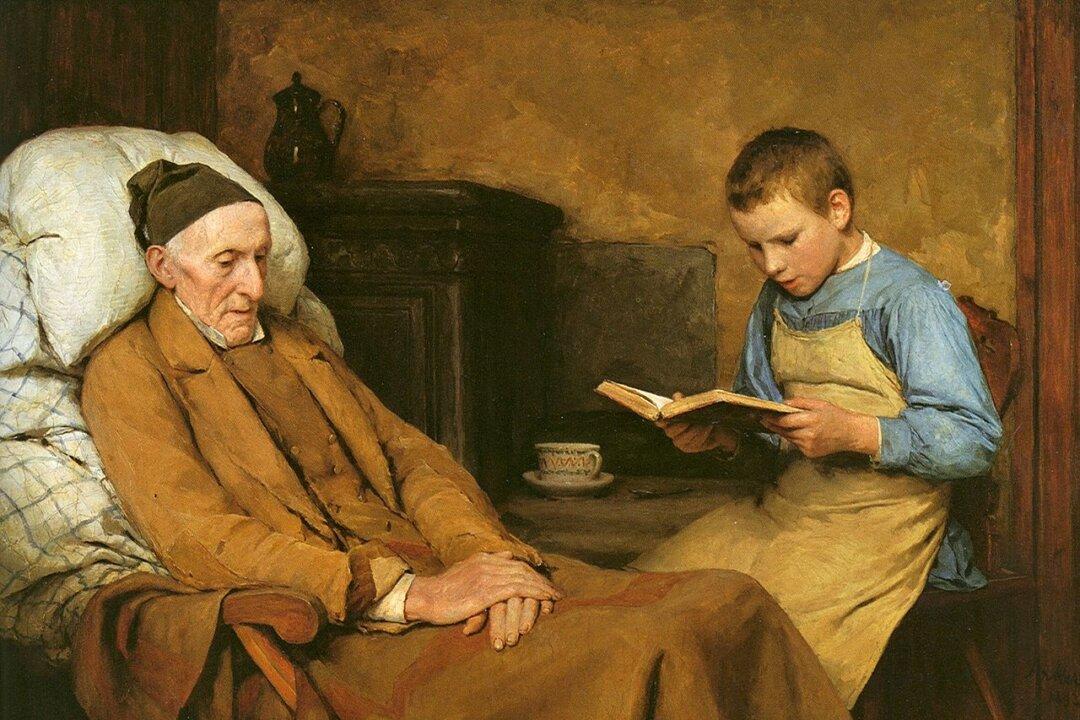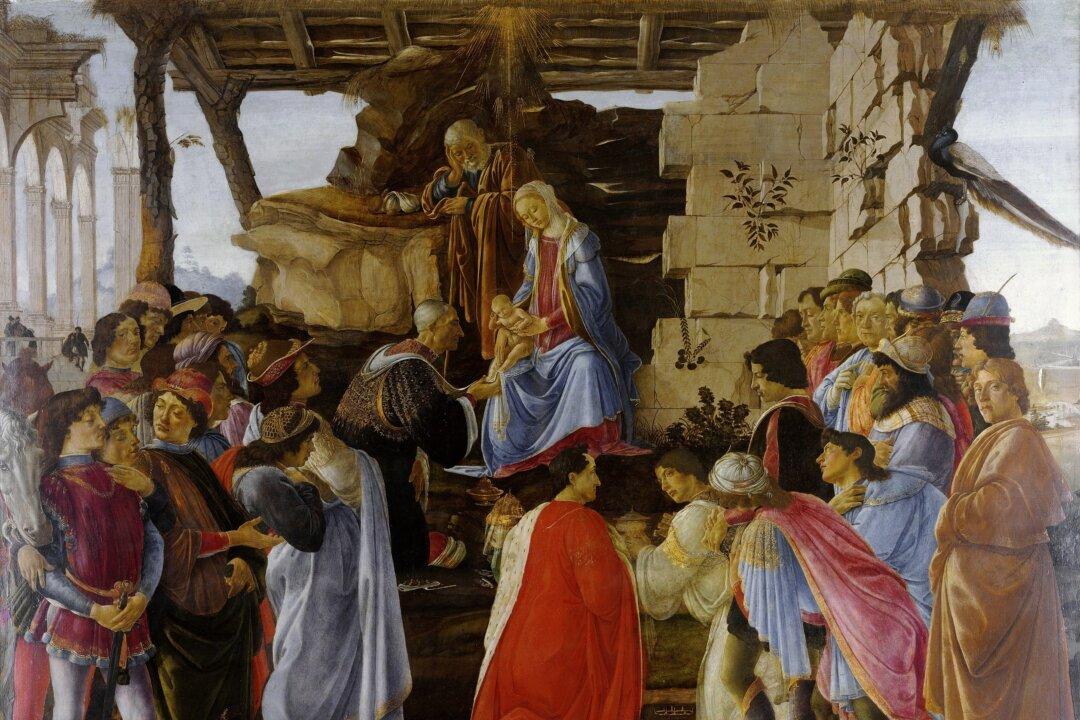Have you ever tried to recall the sound of another person’s voice? It’s difficult to do when you can’t hear it. My grandfather died at 98. I still remember his voice. It reminded me of a whippoorwill. His Southern accent sounded like wind in the woods before a summer rain.
He was born in Mississippi in 1908, and if I said he was raised on a farm, it wouldn’t be quite accurate. George B. Nutt helped raise a farm. He plowed behind a mule by 11 years old, tended animals, and grew crops. He and his dad cut shingles from bark when they rested on the front porch. Lacking indoor plumbing and rolls of paper, the family stacked dried corncobs near an outdoor commode. There was no waste. My granddad discussed his childhood on the farm with a dignity I can hardly reproduce. He was a gentleman.





